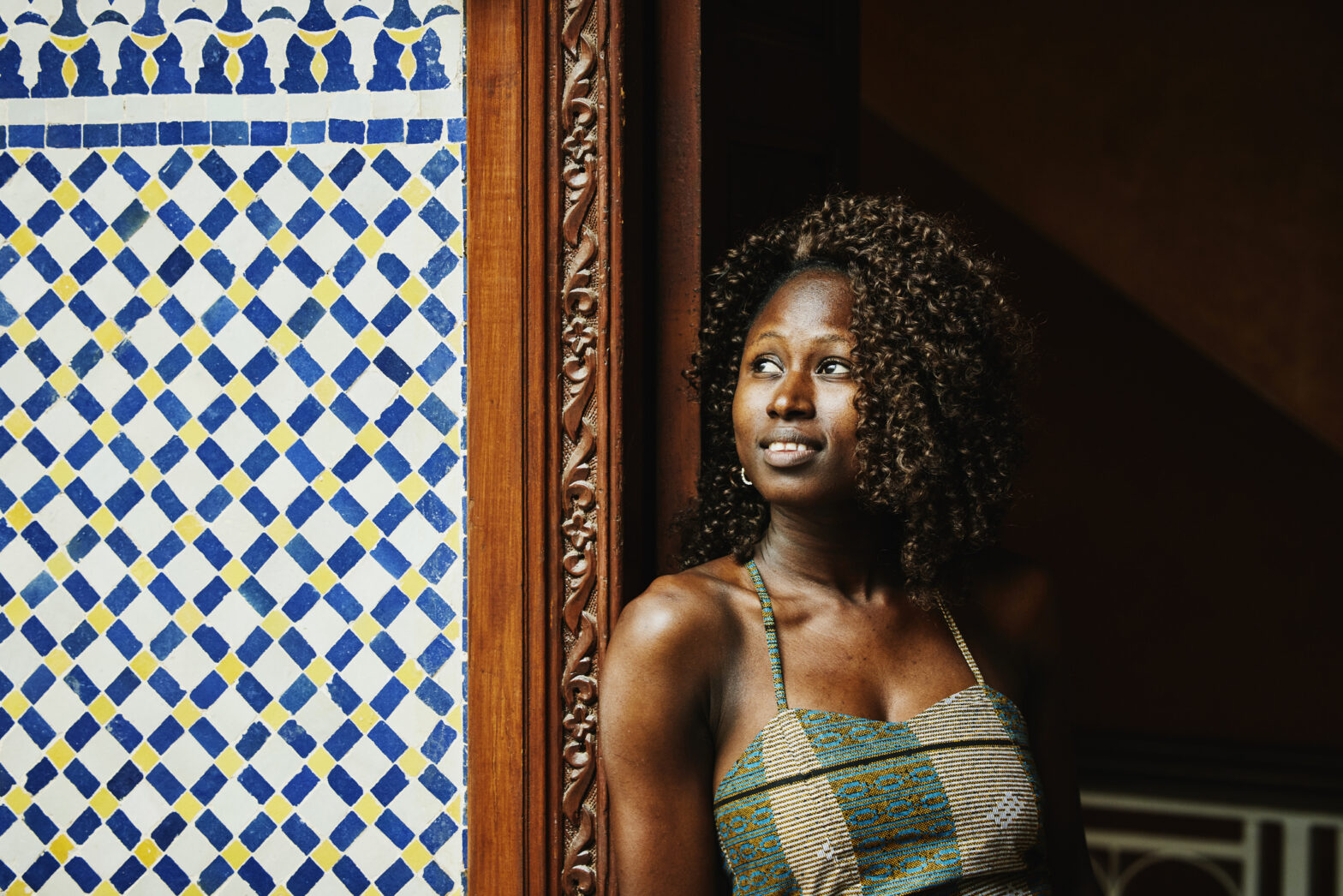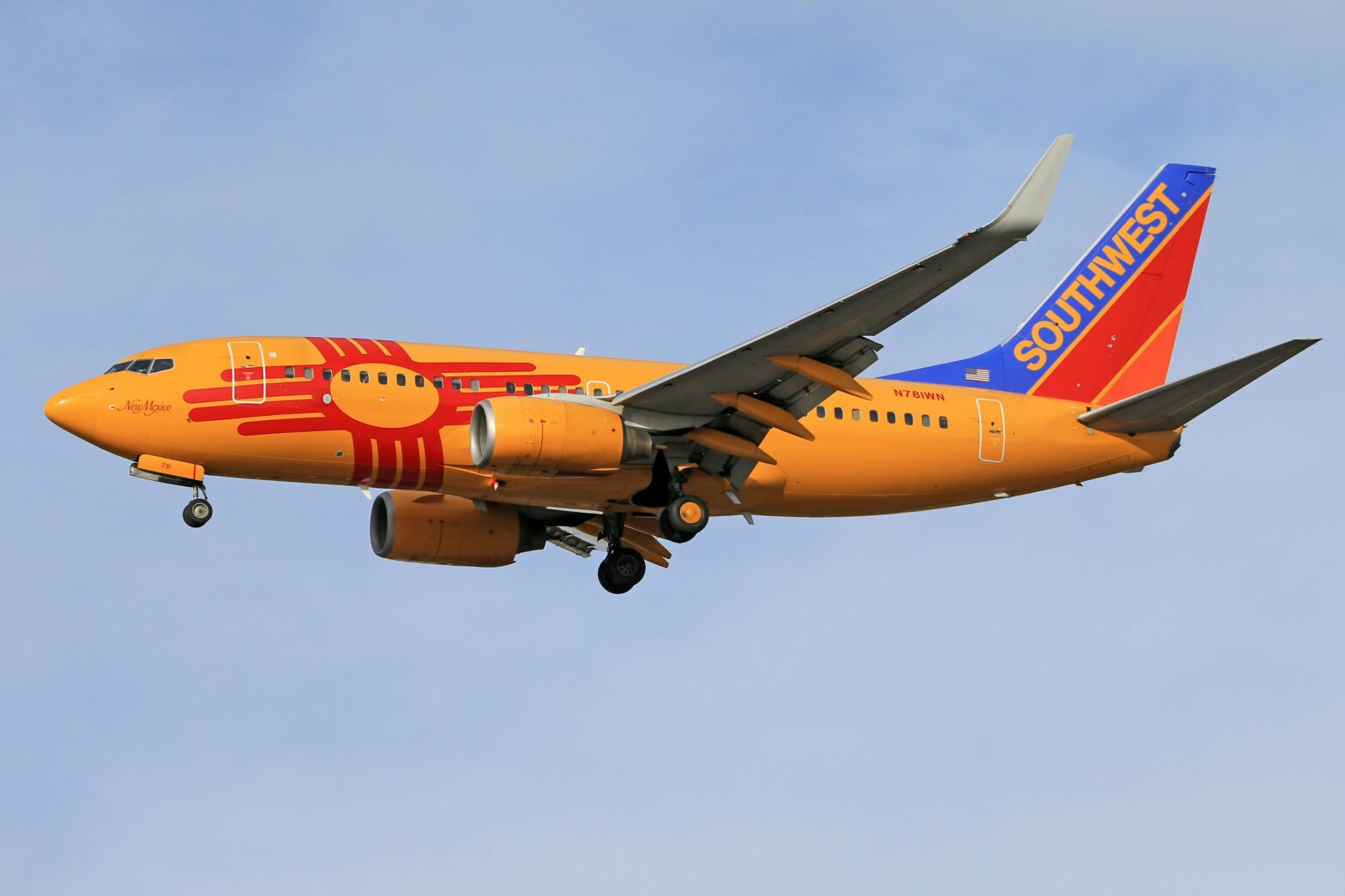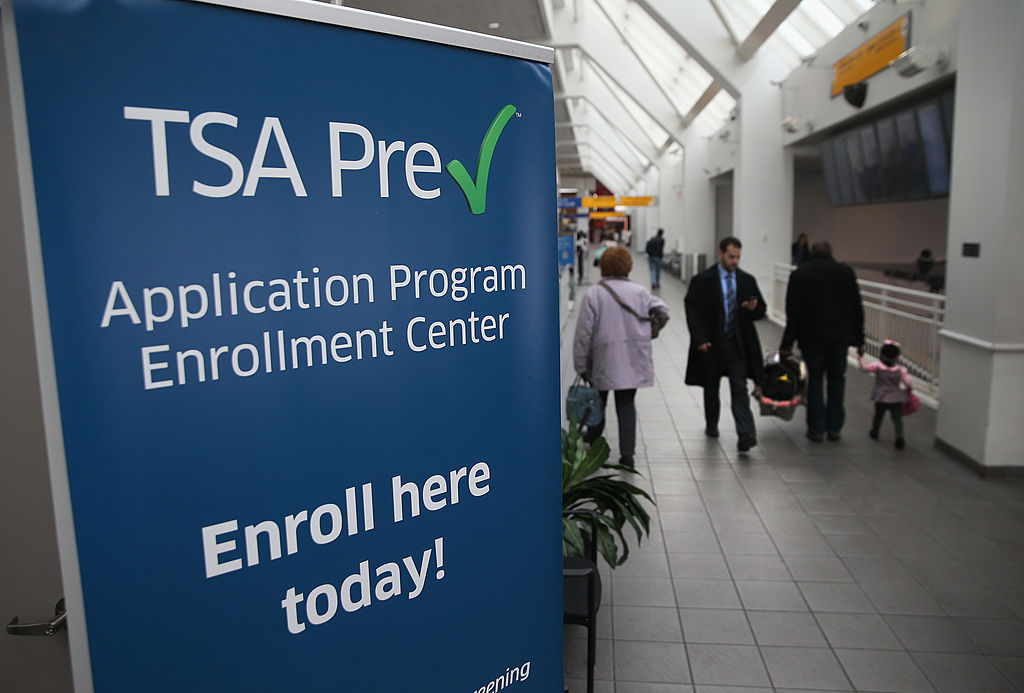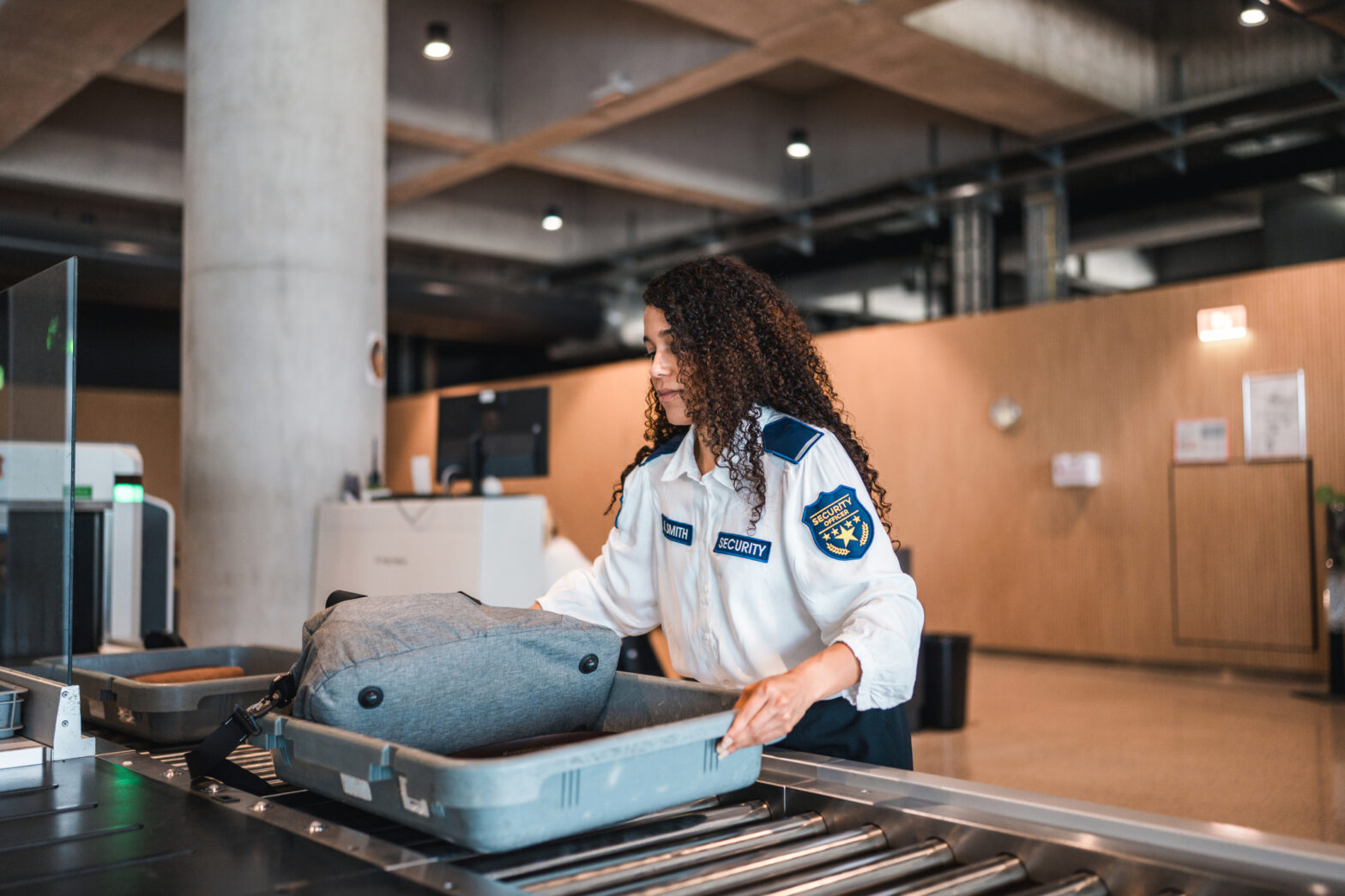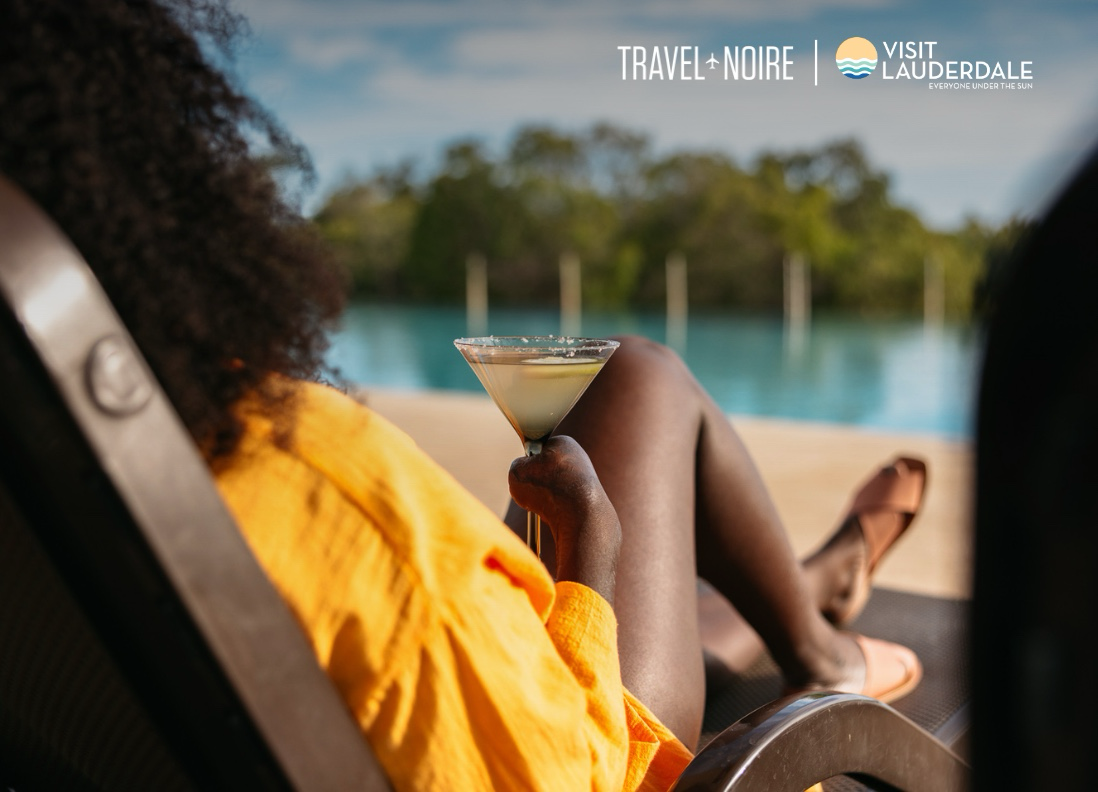The first capital of Brazil, Salvador was founded in 1501 and is home to around three million people, many of them Afro-Brazilian. The city serves as Brazil’s center of soul and rhythm with a world-famous nightlife. Located in the Northeast state of Bahia, Salvador is just two hours from Rio by plane, but often gets bypassed by tourists. These are just a few of the reasons why Black travelers are putting down roots in the UNESCO-declared City of Music.
With colorful colonial architecture and over 30 miles of coastline, Salvador has plenty of sites to explore. Residents are known for being welcoming and the city’s prominent Afro-Brazilian influence makes it an ideal destination for those wanting to study capoeira or Candomble spirituality. The city sits on a sharp rock escarpment that separates the cidade alta (high city) from the cidade baixa (lower city) at sea level 280 feet below. The world’s first public elevator, which carries an estimated 750,000 people every month, connects the two sections of the city.
Salvador’s tropical climate makes it appropriate for travel all year round, but it becomes especially popular during the months of February and March for the Feast of Iemanja (Yemaya) and Carnaval.
The Feast of Iemanja takes place annually on February 2 in the Rio Vermelho neighborhood. It’s a celebration of the mermaid-like Orixa of the sea, who Candomble practitioners praise by dressing in all white and heading to the shoreline to offer the goddess flowers and gifts. Afterward, the city erupts with music and dancing that lasts into the early morning hours.
Salvador claims to host the largest street party in the world during Carnaval, with over 2.5 million people taking to the streets for six days of around-the-clock celebrations. While Rio’s Carnaval is more of a spectator sport, guests at Salvador’s celebrations are encouraged to join the festivities. Afro-Brazilian culture features heavily in the celebrations, with floats decorated to honor different Orixas and African percussions that blend with reggae beats.
Another draw is the region’s cuisine, which can be easily sampled in the three-story Mercado Modelo, which hosts everything from food vendors to arts, crafts, and souvenirs. Moqueca is a Brazilian staple, but best-tried in Salvador, where locals combine fresh shrimp and white fish with coconut milk, palm oil, and spices to make a rich stew that’s served over rice. Vatapa is another must-try seafood stew that features a spicy curry flavor and a creamier consistency than moqueca. For lighter fare, try acarajé, a shrimp and bean mixture that’s shaped into a ball then fried in palm oil. Made with shredded coconuts, eggs, and condensed milk, Salvador’s cocados make for a simple and refreshing treat.
Salvador has also gone to lengths to protect the bordering Atlantic Forest, which is much smaller than Brazil’s more famous Amazon rainforest, but provides similar benefits such as ensuring a consistent and clean water supply, regulating temperature, purifying the air, improving hydroelectric generation, limiting flooding, safeguarding unique plant and animal species, and encouraging local economic development. Severe deforestation has threatened the area and currently less than 20% of the original forest remains. Salvador is doing their part to revive the region with their “Dial Atlantic Forest” program, which delivers free native tree seedlings to anyone who messages them via WhatsApp. The program has helped residents plant over 4,500 trees since its launch in 2017.
As committed to honoring its past as it is to innovate the future, it’s no wonder why Black ex-pats are settling down in Salvador, Brazil.

